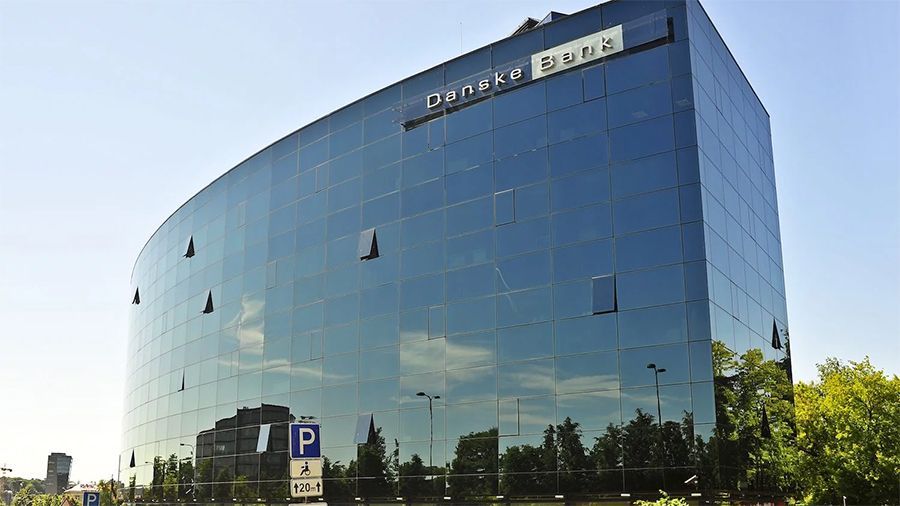Denmark’s largest bank named the risks of digital currencies, urging its clients to be careful about them. At the same time, the bank will not restrict clients’ operations with cryptocurrencies. Danske Bank acknowledged that cryptoassets have already brought significant innovation to the financial services industry, and noted the growing interest of their clients in cryptoassets.
Danske Bank praised the potential of blockchain technology, but cited several reasons why a cautious approach should be taken when dealing with cryptocurrencies.
First of all, the bank called the lack of transparency, which complicates the fight against financial crimes in the cryptocurrency space and money laundering. Secondly, the bank mentioned the lack of clear regulation and specific measures to protect traders and investors. Third, Danske Bank noted the high volatility of cryptocurrencies and their opaque pricing. This can make it difficult for investors to understand how the market is developing and what drives its price. In addition, mining certain cryptocurrencies requires a lot of computing power, which is not in line with the philosophy of Danske Bank, which promotes sustainable development of the environment.
The management of Danske Bank reported that it is for these reasons that the bank does not recommend investing in crypto assets, and will not offer its clients any cryptocurrency services or financial instruments using cryptocurrencies.
However, the bank is closely following the development of the industry, and, as the market develops and its regulation, it may reconsider its position. The bank supports the development of projects that comply with the requirements of the new EU legislation on the regulation of the markets for crypto assets (MiCA), as this will provide more effective supervision of stablecoins and conventional digital currencies.
According to a statement from Danske Bank, it will treat client funds received from cryptocurrency investments in the same way as regular deposits. The bank will be able to accept the deposit if it complies with the current legislation and does not violate the anti-money laundering (AML) rules. In addition, the bank will not block credit cards if their users are engaged in cryptocurrency trading.
As a reminder, this month the Danish Tax Minister proposed amendments on cryptocurrencies to the country’s current Tax Code to prevent tax evasion and reduce opportunities for fraud.







